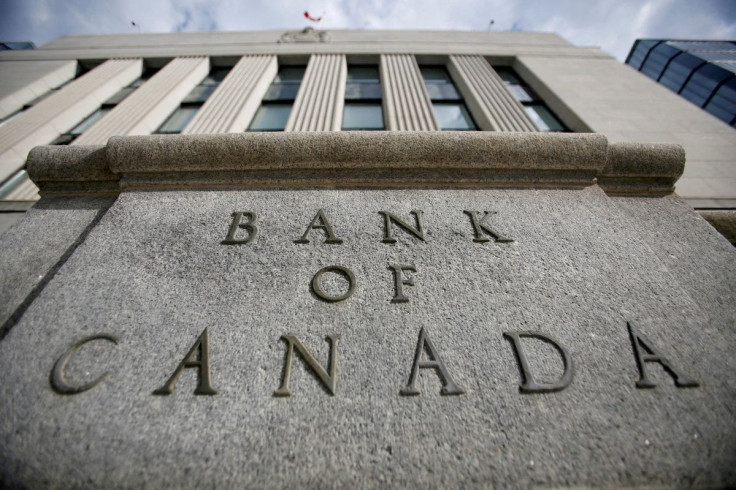Canadian Firms Pressured By Labor Shortage, Supply Chains - Bank Of Canada Survey

A record number of Canadian businesses are facing capacity pressures amid intense labor shortages and ongoing supply chain difficulties, with many expecting significant wage and input price growth, a regular Bank of Canada survey said on Monday.
The central bank's Business Outlook Survey Indicator dipped in the first quarter from a record high the previous quarter, but remained far above pre-pandemic levels. The survey was conducted before Russia's invasion of Ukraine.
"The number of firms reporting capacity pressures related to labor or supply chain challenges is at a record high," the survey said.
"Because of persistent capacity pressures and strong demand, firms expect significant growth in wages, input prices and output prices. Plans to increase investment spending and add staff continue to be widespread."
Inflation expectations for the next two years continued to increase, with 70% of firms now expecting inflation to be above the Bank of Canada's 1-3% control range over the next two years.
Canada's inflation hit 5.7% in February, a 30-year high and the 11th straight month above 3%.
Economists said higher inflation expectations bolster the case for the Bank of Canada to hike interest rates by 50 basis points at its decision next week.
"If we still needed to cement the case for a half point rate hike in April, the Bank of Canada's Business Outlook survey provided it, at least in terms of inflation expectations," said Avery Shenfeld, chief economist at CIBC Capital Markets, in a note.
A separate survey of consumer expectations found the general public also anticipates inflation above target for the next two years, before easing. It noted long-term inflation expectations remain well anchored.
Money markets estimate a 70% chance the Bank of Canada will go ahead with the larger increase on April 13. A deputy said last month the central bank was ready to act "forcefully" to rein in inflation.
The Bank of Canada also did a separate online survey on the impact of Russia's invasion of Ukraine, which Moscow calls a "special operation," on Canadian firms. About half said they expect to be affected, mostly due to higher commodity prices and increased supply chain woes.
Several firms, notably those tied to energy and other commodities, expect higher sales.
The Canadian dollar rose 0.3% to 1.2480 to the greenback, or 80.13 U.S. cents.
© Copyright Thomson Reuters 2024. All rights reserved.




















